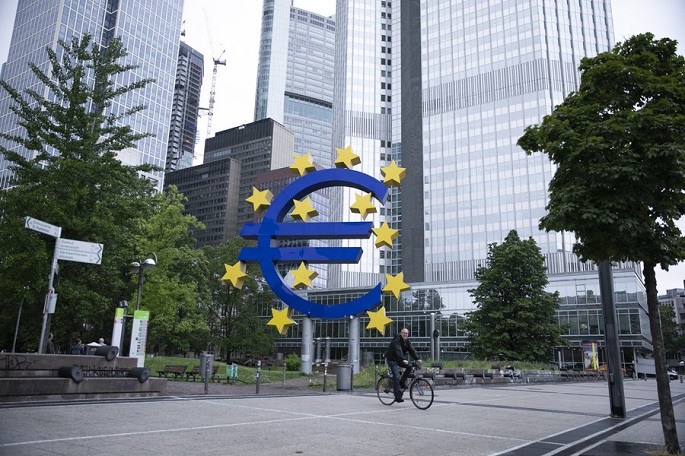Eurozone economy stagnant in Q4 of 2023
Published : 31 Jan 2024, 02:09
Both the Eurozone's and the European Union's (EU) gross domestic product (GDP) remained stable during the fourth quarter of 2023 compared to the previous quarter, according to preliminary data released on Tuesday by Eurostat, reported Xinhua.
In 2023, for both the eurozone and the EU, compared to the previous quarter, the economy grew by 0.1 percent during the first quarter, by 0.1 percent again during the second quarter, and it declined by 0.1 percent during the third quarter, before stabilizing during the fourth quarter.
Among the EU member states that provided data for the preliminary estimate, the countries with the highest economic growth include Portugal with 0.8 percent GDP growth compared to the previous quarter, Spain with 0.6 percent, and Belgium and Latvia with 0.4 percent each.
Meanwhile, negative growth was recorded in Ireland, with -0.7 percent GDP growth compared to the previous quarter, as well as in Germany and Lithuania with -0.3 percent.
Both the EU and the eurozone should record annual growth of 0.5 percent of the GDP, according to the preliminary estimate.
Bert Colijn, senior economist for the Eurozone at ING, said: "A technical recession has just been avoided in the eurozone."
Following the post-COVID-19 reopening boost, since late 2022 the eurozone's economy has entered a weak and stagnant phase, he said.
Among the main European economies, Germany recorded negative growth of -0.3 percent in the fourth quarter of 2023, struggling with weak global demand for goods. Heavy industry is suffering from higher energy prices, according to Colijn.
"GDP remained stable in France, while the southern European economies led the way in terms of growth and were the main drivers in avoiding a technical recession. Spain, Portugal and Italy experienced growth of 0.6, 0.8 and 0.2 percent respectively," said Colijn.
The European economy is suffering from real wages not catching up with inflation, leading to weaker consumption. The industry has also been affected by the energy crisis.


